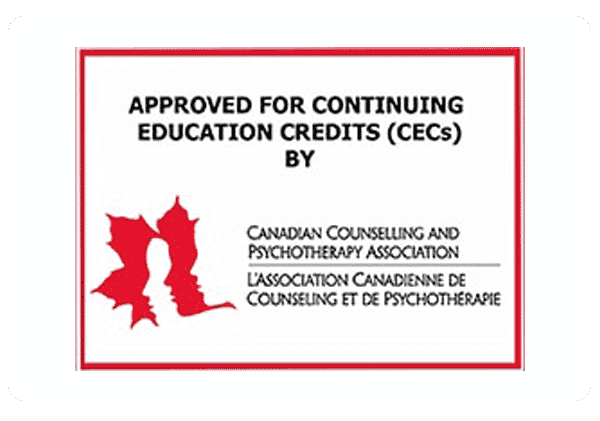Treatment for Body-Focused Repetitive Behaviors: An Integrative Psychodynamic Approach – Stacy Nakell
Body-focused repetitive behaviors (BFRBs) such as trichotillomania and excoriation (skin-picking) disorder are notoriously difficult to treat. In the prevailing approach, cognitive behavioral therapy, therapists are taught to focus on treating symptoms without addressing the roots of the disorders. An integrative psychodynamic approach places the focus directly on these neglected roots, which lead us to attachment disruptions and comorbid conditions. A study of the critical role of the skin in the development of emotional regulation skills clarifies the importance of an attachment-based approach to treatment.
Frustration is the main trigger for picking and pulling behaviors, along with isolation, boredom, and a sense of being trapped. In turn, the behaviors themselves lead to shame, isolation, and deep despair. Therapists working with this population need to be equipped to help clients express some of the aggressive energy that has been released, bit by bit, through picking and pulling behaviors. This training aims to help therapists encourage client anger toward themselves, facing countertransference resistance as it arises. Read More
TRAINING information
Body-focused repetitive behaviors (BFRBs) such as trichotillomania and excoriation (skin-picking) disorder are notoriously difficult to treat. In the prevailing approach, cognitive behavioral therapy, therapists are taught to focus on treating symptoms without addressing the roots of the disorders. An integrative psychodynamic approach places the focus directly on these neglected roots, which lead us to attachment disruptions and comorbid conditions. A study of the critical role of the skin in the development of emotional regulation skills clarifies the importance of an attachment-based approach to treatment.
Frustration is the main trigger for picking and pulling behaviors, along with isolation, boredom, and a sense of being trapped. In turn, the behaviors themselves lead to shame, isolation, and deep despair. Therapists working with this population need to be equipped to help clients express some of the aggressive energy that has been released, bit by bit, through picking and pulling behaviors. This training aims to help therapists encourage client anger toward themselves, facing countertransference resistance as it arises. Read More
Learning Objectives
1. Understand the underlying psychosocial factors that contribute to body-focused repetitive behavior disorders.
2. Explain the connection between BFRB and a multitude of comorbid conditions.
3. Expand therapist use-of self to include metabolizing client emotions through body awareness.
4. Learn how to help clients increase adaptive regulation skills such as emotional awareness and expression and the sublimation of aggression.
5. Name the 4 main triggers for engagement in BFRBs.
6. Demonstrate an awareness of how attention to the skin and skin-focused behaviors in therapy sessions can deepen the work
7. Describe the perfectionism defense and its connection to the suppression of aggressive energy
8. State the three modern analytic tools that are useful in integrating mind, body and skin in therapy
About the Speaker

CPD/CE
CPD / CE / NBCC credits available: 6
How do I receive these credits?
The participant must pass the multiple-choice test with a minimum score of 80%. There is a maximum of three attempts to achieve this.
The post-test is included in the price of the training.
Does my regulatory body accept the credits?
The CPD & CE credits awarded can be used towards your declaration to any governing regulatory body in your state or country, provided the content is relevant to your discipline.
Our trainings are accredited by:
– The CPD Group, London
– Canadian Counselling and Psychotherapy Association
– Australian Counselling Association
– National Board of Certified Counselors (NBCC)







